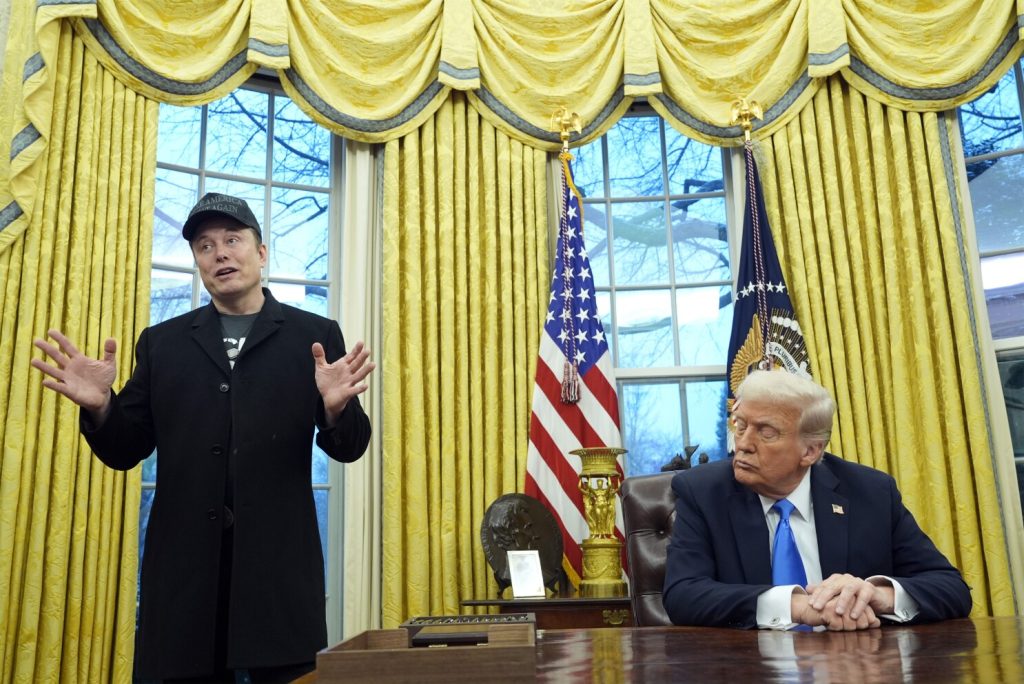Taxpayers hoping for a $5,000 payday from the government’s controversial DOGE Dividend might want to pump the brakes. Elon Musk, once a vocal champion of the plan, has quietly distanced himself from the Department of Government Efficiency (DOGE), raising serious doubts about whether the proposed “dividend checks” will ever materialize. The exit of the tech billionaire, who had helped fuel public excitement over this potential windfall, has thrown the future of the program into uncertainty — and it couldn’t come at a more sensitive time.
What Was the DOGE Dividend Anyway?
The DOGE Dividend (unrelated to the cryptocurrency Dogecoin) was pitched as a revolutionary idea: save billions by cutting government waste and return a slice of that to the taxpayers. The original promise? If DOGE, a government efficiency task force, could trim $2 trillion in federal spending, about 20% of that—roughly $400 billion—would be sent back to taxpayers in the form of one-time $5,000 checks.
Elon Musk, along with former President Donald Trump, was a vocal supporter of the concept. The idea quickly gained traction with Americans eager for direct financial relief—but it came with one big catch: the savings had to happen first.
Where Does It Stand Now?
So far, DOGE has managed to save only about $55 billion—far short of the $2 trillion goal. Based on the math, if the government issued checks now, each taxpayer would receive only a fraction of the promised $5,000—closer to a few hundred dollars.
And with Musk stepping back from the project, the political and media momentum surrounding the program has slowed significantly.
Who Would Qualify for the Dividend?
The plan was meant to reward tax-paying households, with some important conditions:
-
You had to pay federal income taxes in the most recent tax year.
-
Low-income households earning under $40,000 were expected to be excluded, since many don’t owe federal income taxes.
-
Roughly 79 million tax-paying households were projected to benefit if the plan had moved forward at full scale.
But these details were only theoretical, as the plan has yet to receive legislative approval.

Will Congress Allow This?
That’s a big unknown. While Trump and Musk backed the idea, Congress remains unconvinced. Lawmakers are hesitant to green-light any mass payout without a clear, sustained revenue source. Critics also warn that issuing such large checks could worsen inflation or increase the deficit—defeating the original goal of the program, which was to cut waste, not create new financial burdens.
And with Elon Musk’s departure from DOGE, the initiative has lost one of its biggest figureheads, making it even harder to push through Washington’s political gridlock.
What About Taxes on These Checks?
Even if the DOGE Dividend were approved, there’s another wrinkle: taxation. In 41 U.S. states, the payment would be considered ordinary income, meaning your $5,000 check could be reduced by state and federal taxes.
In high-tax states like California or New York, recipients could lose up to 13% or more of the payout. That’s potentially $650 or more deducted before you even cash the check.
Bottom Line
The DOGE Dividend was an ambitious plan. The idea of rewarding taxpayers with a chunk of reclaimed government waste struck a nerve—especially in a post-COVID economy still grappling with inflation and high living costs.
But with savings targets unmet, political support dwindling, and Elon Musk walking away, the checks are now more dream than reality. There’s still a chance the proposal could be revived or reshaped, but for now, taxpayers should temper expectations and wait for official updates from Congress—not social media hype.



